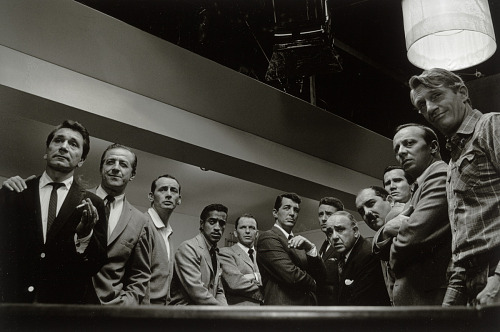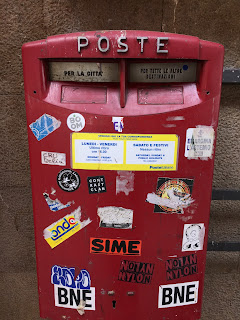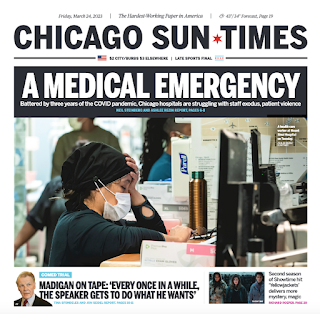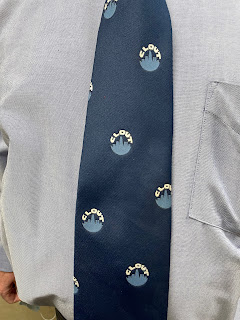 |
| World War I Memorial, Nashville |
There, am I done? Because this commenting on the latest school shooting — three 9-year-olds, three staffers and the shooter killed Monday at a religious school in Nashville — well, it gets tiresome. I suppose I could just join the great communal shrug that most people give, a sigh, a quick checking of the details, then forget about it and go about our business.
Nobody really cares — or rather, these deaths don’t shake the deep, passionate, quasi-religious, quasi-sexual devotion that too many Americans have toward high-powered weaponry. They certainly care, intensely, about guns. They cared yesterday, they care now, and they’ll care tomorrow. Far more passionately than they care about children. That is clear.
Nor do these killings stir the rest of Americans from our lethargy. We’re complicit. We watch the same movies, buy the same get-the-drop-on-the-bad-guy gun fantasies, and allow this situation to persist. For years and years.
Three kids dead — not really all that many on the Columbine Scale. But it could be 30 or 300. What difference would it make? Does it matter if kids are picked off in bunches or one at a time? In a quiet Southern school or sitting on their stoop on the West Side of Chicago? Shootings are the leading cause of death for children in the United States, a kind of American folk illness, one that many other countries don’t have because they have sane gun laws.
We have the Second Amendment. Which could still allow us to keep this from happening — it used to. Law is open to interpretation. The way the First Amendment stretches to allow any glittery-eyed parent with gumption enough to raise a fuss to start pulling books off the shelves at publicly funded libraries. Imagine if parents tried to tamp down gun ownership with half the zeal they use to go after books?
To continue reading, click here.









